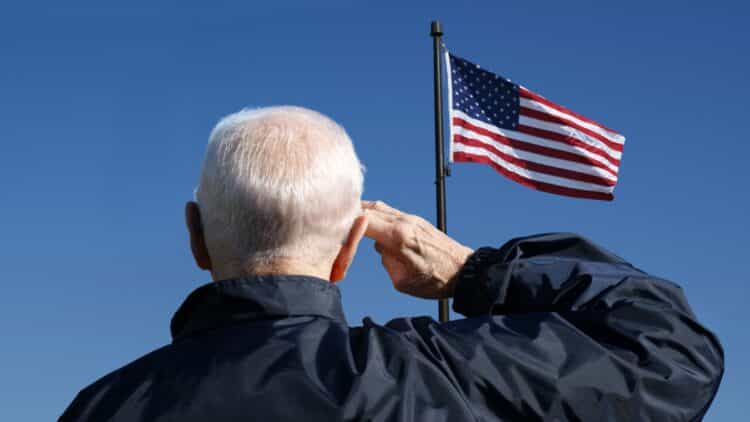The Department of Veterans Affairs announced last week that it will inject $84 million into 176 organizations across the country. Half of this historic injection will go to legal services to help veterans, while the other half will go to case management to prevent and reduce homelessness among American veterans.
Grants announced for veterans
On September 23, 2025, the Department of Veterans Affairs announced $84 million in grants: $42 million for legal services (LSV-H) + $42 million for case management (GPD). This funding will go to approximately 100 case managers across the country. The department secretary said, “No one who served our country should be homeless. These grants will provide crucial support and services to help thousands of Veterans on their journey back to self-sufficiency.”
The number of homeless veterans has fallen to historic lows: 7.5% in 2023 compared to 55.6% in 2010. In total, there are almost 33,000 officially registered homeless war veterans. Even so, the housing crisis is still an urgent problem for many other groups in American society. Veterans represent approximately 5% of adults with homelessness issues in the United States.
With these grants, the Department of Veterans Affairs aims to prevent evictions, resolve family issues, and facilitate access to state and federal benefits. This money will also be used to defend criminal cases related to homelessness.
What does case management do? (GPD)
This aspect of veteran assistance focuses on finding housing for them: contacting landlords, helping with paperwork, and improving requirements. In addition, it ensures home visits to ensure the stability and well-being of veterans, identify additional needs, and help them find civilian employment and improve their education. The goal of this assistance is to help them assimilate into civilian society as organically as possible. Once a veteran has housing available, the transition to independent living is more sustainable.
In addition to this assistance announced on September 23, in August 2025 the VA announced more than $800 million in assistance for the SSVF program. This assistance was to support veteran families with prevention, rapid rehousing, and services such as childcare and financial counseling.
How can this help a US veteran?
A minor legal obstacle such as a fine or a revoked license can lead to life on the streets or prevent someone from escaping homelessness. With the injection of money for case managers, the availability of lawyers to provide free assistance to veterans means a comprehensive solution: they will finally have an expert to help them get rid of their “legal backlog,” accompany them in the transition to stable housing (paying deposits, ensuring that payments are made, reviewing contract terms, and sporadic follow-ups).
With fewer relapses and problems with the law, there will be a higher rate of housing retention and, therefore, greater autonomy in terms of work, studies, and health.
Who is eligible for this assistance?
Anyone who has served in the United States Armed Forces is eligible for this assistance. A person is considered homeless when they have to resort to sleeping on the street, in a car or tent, in a shelter, or simply living “couch to couch.” If you are at risk of becoming homeless due to an eviction notice, several months of unpaid rent, very low income, or if you have just been released from the hospital or prison and do not have a stable home, you are also considered at risk of social exclusion.
To access this legal aid (LSV-H), you will be asked for simple documents such as personal identification, proof of your service, and your housing situation. It is for the 2026 and 2027 tax years. If you want to look for case workers in your area, look up the lists uploaded in the VA official website.
VA National Homeless Veterans Hotline: 877-4AID-VET (877-424-3838).
VA Homeless Programs website (local help locator and 24/7 chat).

